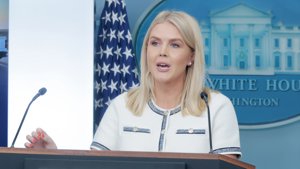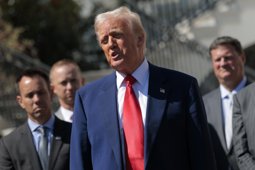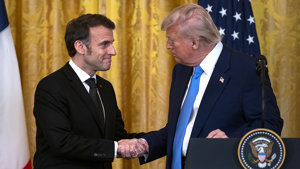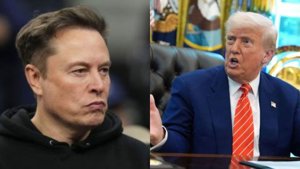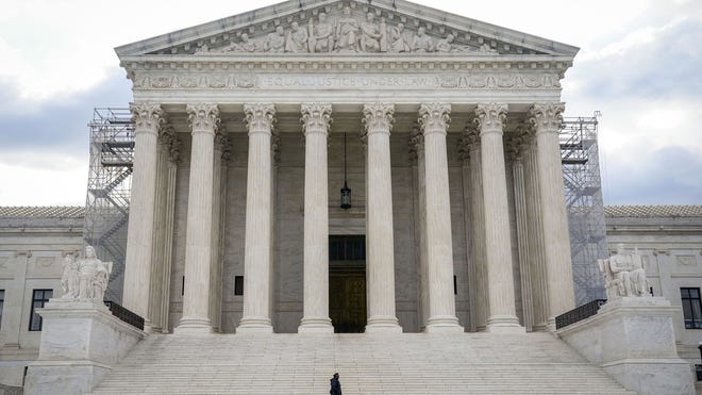
Supreme Court to Decide on GOP Campaign Spending Challenge
Supreme Court to decide GOP challenge to campaign spending limits; Democrats warn of major risks to election integrity.
Democrats and Republicans Prepare for Major Supreme Court Clash
Senior Democratic leaders announced Monday they will “fight tooth and nail” to uphold federal limits on campaign spending as the Supreme Court prepares to review a high-profile Republican challenge this fall. The case, National Republican Senatorial Committee v. Federal Election Commission, was brought by the National Republican Senatorial Committee, the National Republican Congressional Committee, and two GOP Senate candidates, including now-Vice President JD Vance, following the 2022 elections.
At issue are federal laws that restrict the amount of money political parties can spend on behalf of specific candidates, rules that Republicans argue violate First Amendment protections of free speech. Democrats counter that repealing the limits would “sow chaos and fundamentally upend our campaign finance system, which would return us to the pre-Watergate era of campaign finance.”
The Supreme Court’s 6-3 conservative majority will now decide the future of the Federal Election Campaign Act of 1971 and its subsequent amendments. These laws have been central in controlling the flow of money into U.S. elections for over five decades, aiming to maintain a level playing field and limit undue influence.
Democrats Warn of Threat to Election Integrity
Democratic campaign leaders described the Republican challenge as a blatant power grab, warning that it threatens to dismantle half a century of campaign finance reform. “Republicans know their grassroots support is drying up across the country, and they want to drown out the will of the voters,” said DCCC chair Suzan DelBene, DSCC chair Kirsten Gillibrand, and DNC chair Ken Martin in a joint statement.
The Democrats argue that abolishing coordinated spending limits would allow parties to pour unlimited funds into races, fundamentally changing the structure and fairness of American elections. They also referenced the Supreme Court’s 2001 decision in Colorado Republican Federal Campaign Committee v. FEC, where a similar Republican challenge to spending limits was rejected.
“To date, those efforts have failed at every turn, ensuring a stable, predictable campaign finance structure for party committees and political candidates across the country,” Democratic National Committee officials stated.
Republicans Argue for First Amendment Rights
Republican leaders praised the Supreme Court’s decision to review the case, framing it as a necessary defense of free speech. “The government should not restrict a party committee’s support for its own candidates,” said Sen. Tim Scott of South Carolina and Rep. Richard Hudson of North Carolina, who chair the NRSC and NRCC. “These coordinated expenditure limits violate the First Amendment, and we appreciate the court’s decision to hear our case.”
The Trump administration’s Justice Department also sided with the Republicans, an unusual move for a sitting administration. Justice officials said this case is a rare exception, arguing that existing limits infringe upon fundamental speech rights protected by the Constitution.
The Supreme Court’s decision could reshape the American electoral system, with major implications for the 2026 midterms and future national contests. As both sides prepare for oral arguments in the fall, the outcome promises to have lasting effects on campaign finance law, political strategy, and the balance of power in U.S. democracy.


